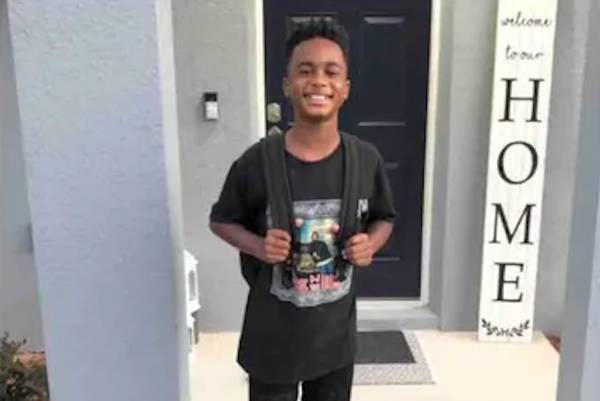
The Houston Rockets are trading third-year forward Usman Garuba and second-year guard TyTy Washington to the Atlanta Hawks in a move designed to clear salary cap space, according to multiple media reports published Saturday afternoon.
Garuba ($2.6-million salary in 2023-24) and Washington ($2.3 million) were late first-round picks in the 2021 and 2022 drafts, respectively, and had played only sparingly to this point in their young NBA careers. With the Rockets transitioning to more of a win-now emphasis next season, it wasn’t clear if either prospect would receive enough playing time to develop if they stayed in Houston.
Jonathan Feigen of the Houston Chronicle has more:
The Rockets moved to clear some of the glut of recent first-round picks on the roster, reaching agreement on a deal to trade TyTy Washington Jr. and Usman Garuba to the Atlanta Hawks.
The Rockets will also trade their own second-round pick in 2028 and a Timberwolves second-round pick in 2025 along with $1.1 million, the Atlanta Journal-Constitution reported.The Rockets will received the draft rights to Alpha Kaba, the last pick of the 2017 draft. Kaba, who plays in Montenegro, has not played in the NBA or G League.The Athletic first reported the teams were working on a trade.
Since Kaba isn’t yet playing in the NBA, he won’t count towards Houston’s salary cap books this offseason.
The Rockets landed top guard target Fred VanVleet on Friday, but they missed out Saturday on Brook Lopez, who was believed to be Houston’s top target for a defensive oriented big man.
Thus, the clearing of more financial space beneath the 2023-24 salary cap could potentially be used as the Rockets formulate a plan to fill the slot that would otherwise have gone to Lopez.
By shedding Washington and Garuba, Houston should have near $30 million in room beneath the salary cap, as compared to about $25 million previously. The Rockets are also believed to be pursuing former Memphis wing Dillon Brooks in free agency, though Houston’s interest in Brooks is primarily due to his perimeter defense. Thus, the big-man role would still need to be filled elsewhere.







